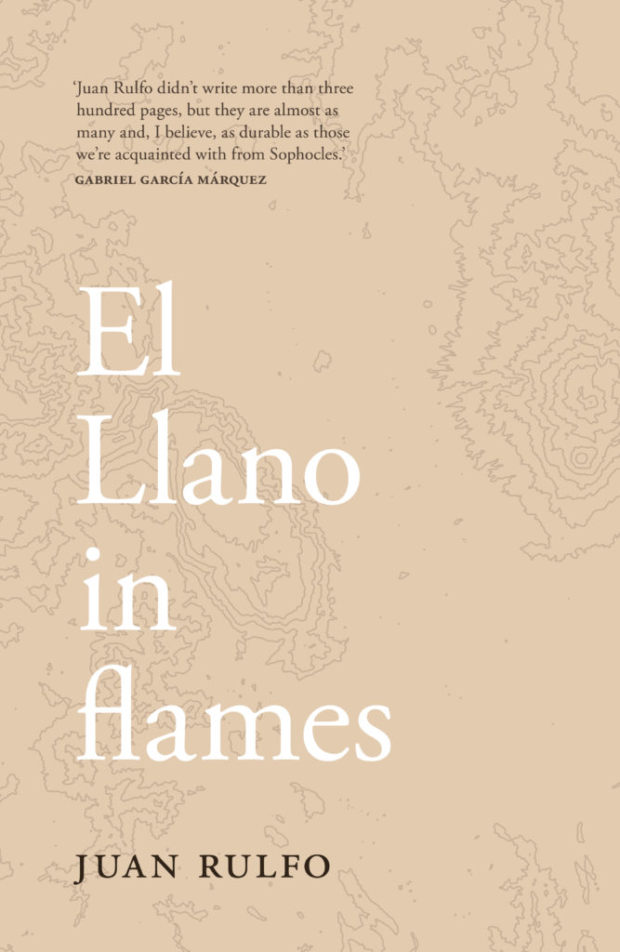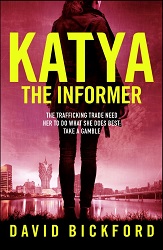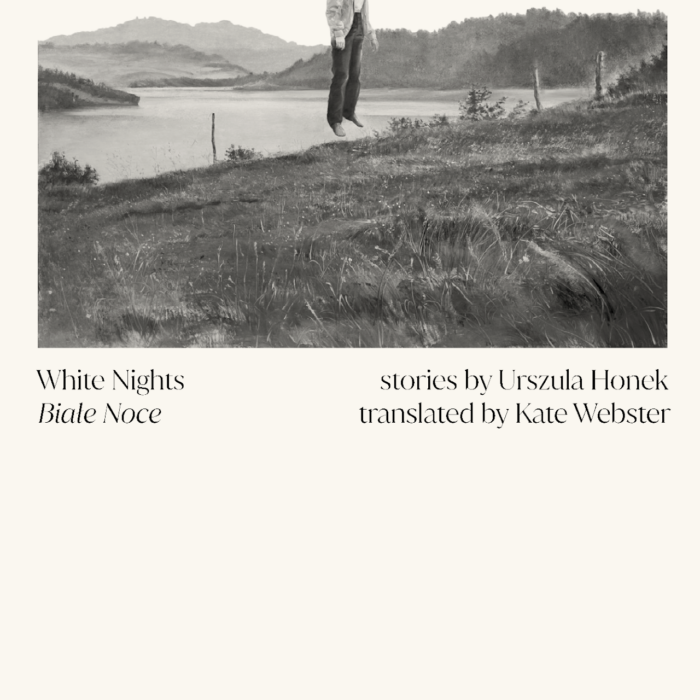You have no items in your cart. Want to get some nice things?
Go shopping
Set in the years following the Mexican Revolution, El Llano in Flames is a collection of stark and violent short stories translated by Stephen Beechinor.
It’s the first book to be published by Structo Press and was recently longlisted for the Republic of Consciousness Prize. You might at first think it’s an unusual choice for a first. It’s not an easy read, but it is worthwhile.
It’s not by a famous or living author, although it turns out Juan Rulfo came highly recommended by Gabriel García Márquez, who compared the timelessness of his writing to that of Sophocles. And these stories have, I’ve been told, earned their place as classics in Latin American literature.
I’m not surprised.
In the collection, originally published in 1953 in Mexico City, Juan Rulfo tells the stories of the rural poor – those who didn’t benefit from the Revolution which took place between 1910 and 1920.
It’s the story equivalent to a dusty old gummed-up photo album, where nameless dead people stare out from moody sepia, eyes flecked with panic.
The book begins with “They gave us land”, which follows a group of people making their way through the desert…
“…out walking since dawn. By now it must be about four in the afternoon. Someone cranes up at the sky, strains his eyes towards where the sun hangs…”
We’re not sure where they’re going or why. But we’re dragged with them, with each laboured step, as the prose pulsates like blood pressure rising in the hot sun.
This is one of the recurring features of these stories: vivid scene setting and atmosphere, told in a simple sparing style that reminded me of early Ernest Hemingway short stories, except these had more colour.
There were many moments while I was reading that I felt compelled to pause, go back and reread and relive. Many pictures from this book that I can still see and believe will stay with me.
This is Juan Rulfo’s only collection of short stories, and while they are unified by time and place, they differ hugely in style and structure.
“Paso de Norte” is written mostly as a script. A kind of bookended symmetry wraps around “At first light”, where the beauty of nature and simple rural life is tainted by incest and violence.
The title story, “El Llano in flames” sits at the centre of the book depicting a battle in a rhythm that pushes you forward and echoes the sharp shooting of war. “Remember” lulls you in, confides in you with small town gossip. While “Macario” is a matter-of-fact account of being “jammed full of demons” told by a psychopathic child.
Many of the stories border on torturous, and this collection is never an easy read. Apparently The Guardian said you could read it in two days. I wouldn’t advise that – especially not in lockdown. It might give you nightmares. And anyway, why rush a good book?
Take your time and savour it. Let it drag you along with its sepia characters, and jam you full of demons as you follow their laboured steps.
El Llano in flames is published in the UK by Structo Press.

About Juno Baker
Juno Baker is a freelance writer, and editor of the University of Cambridge's Leading Change website. She has written articles for the Guardian and once interviewed Dolly Parton. Her fiction has been placed in several competitions – including Winchester Writers Festival, Pindrop, Short Fiction and Rubery – and was recently shortlisted for the VS Pritchett Short Story Prize. Her stories have also appeared in numerous magazines and anthologies, most recently, Mslexia, Unthology and Litro.
- Web |
- More Posts(13)




